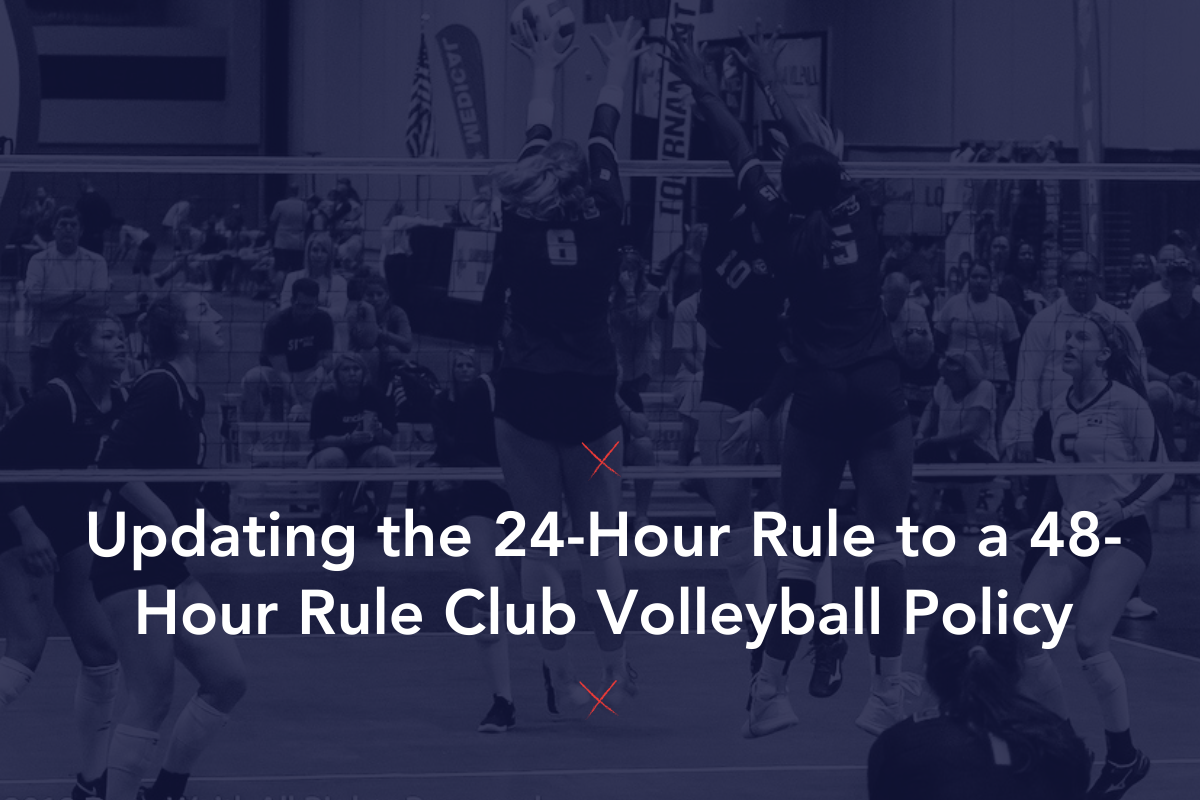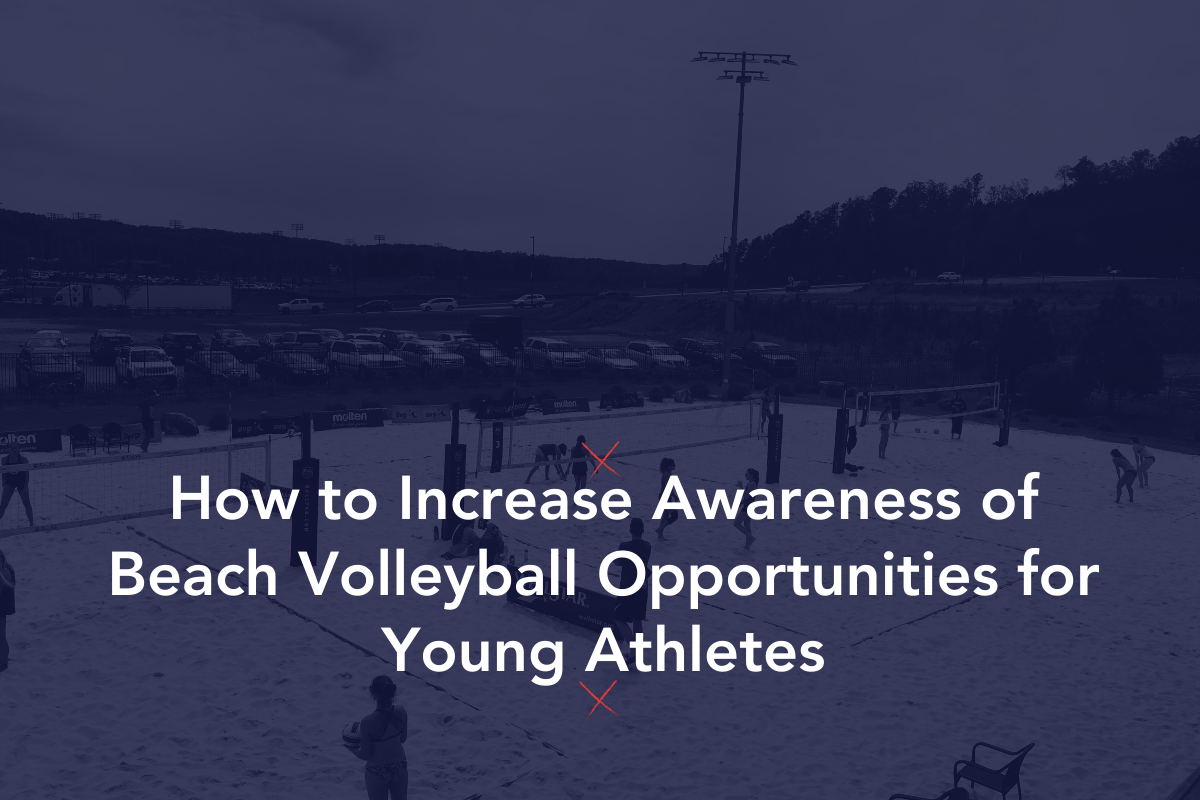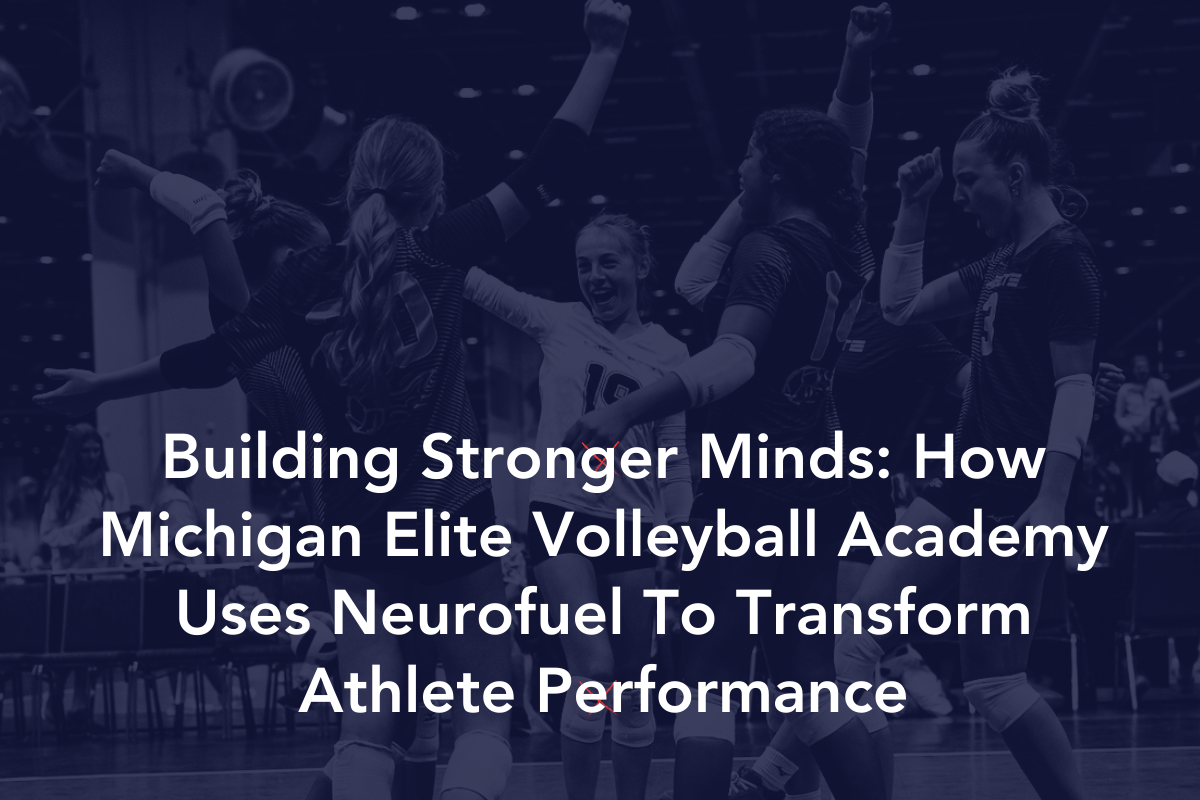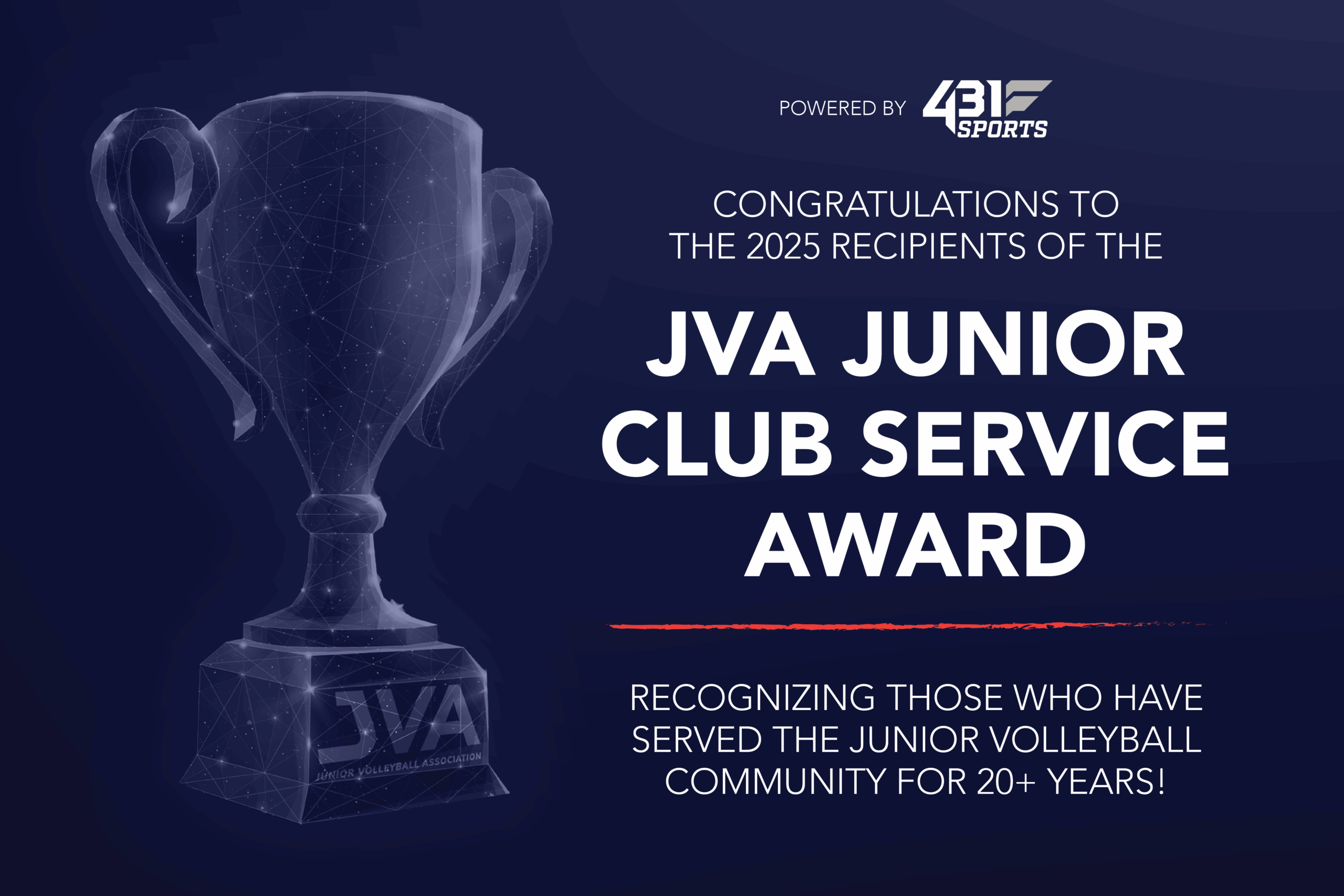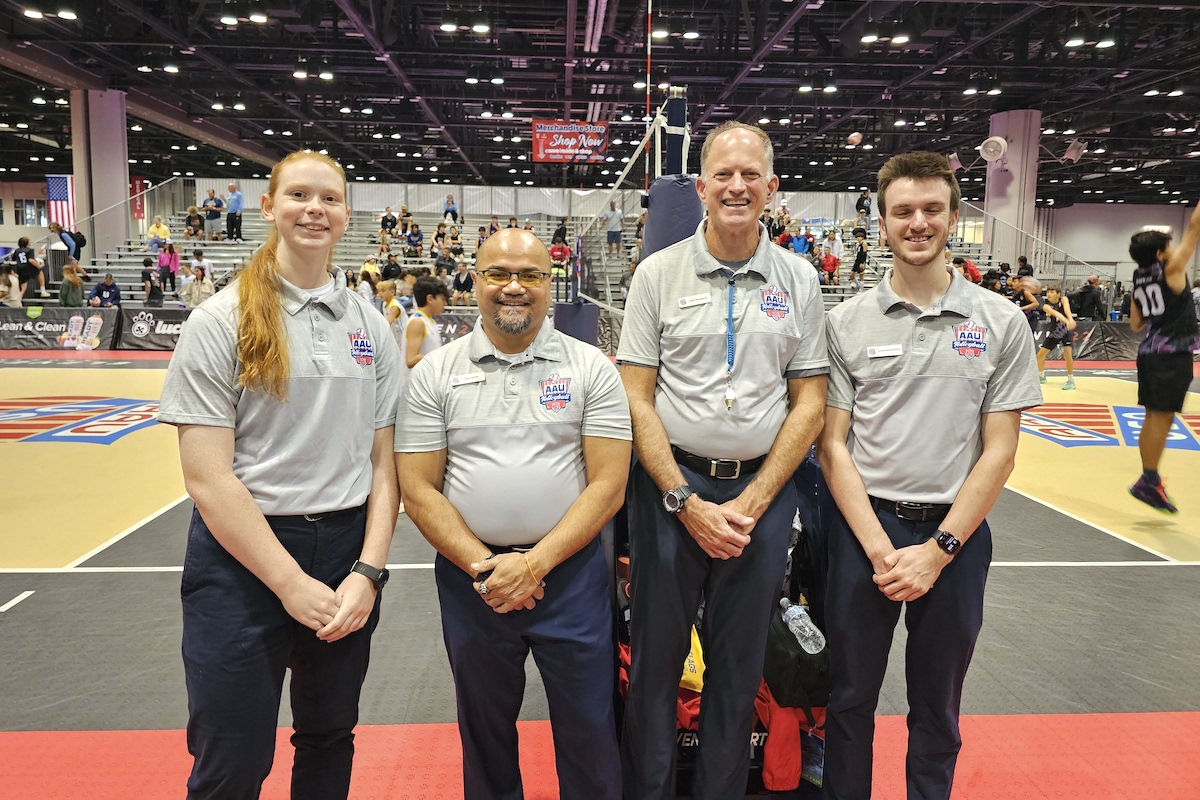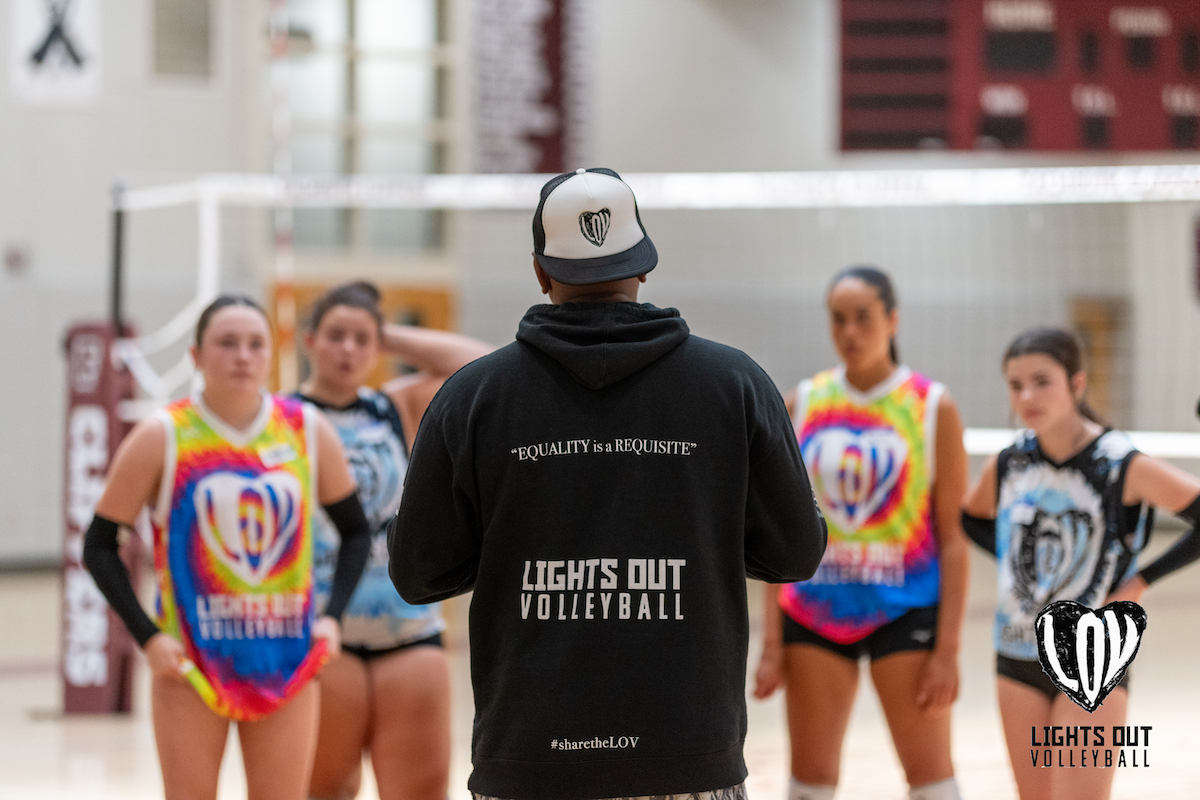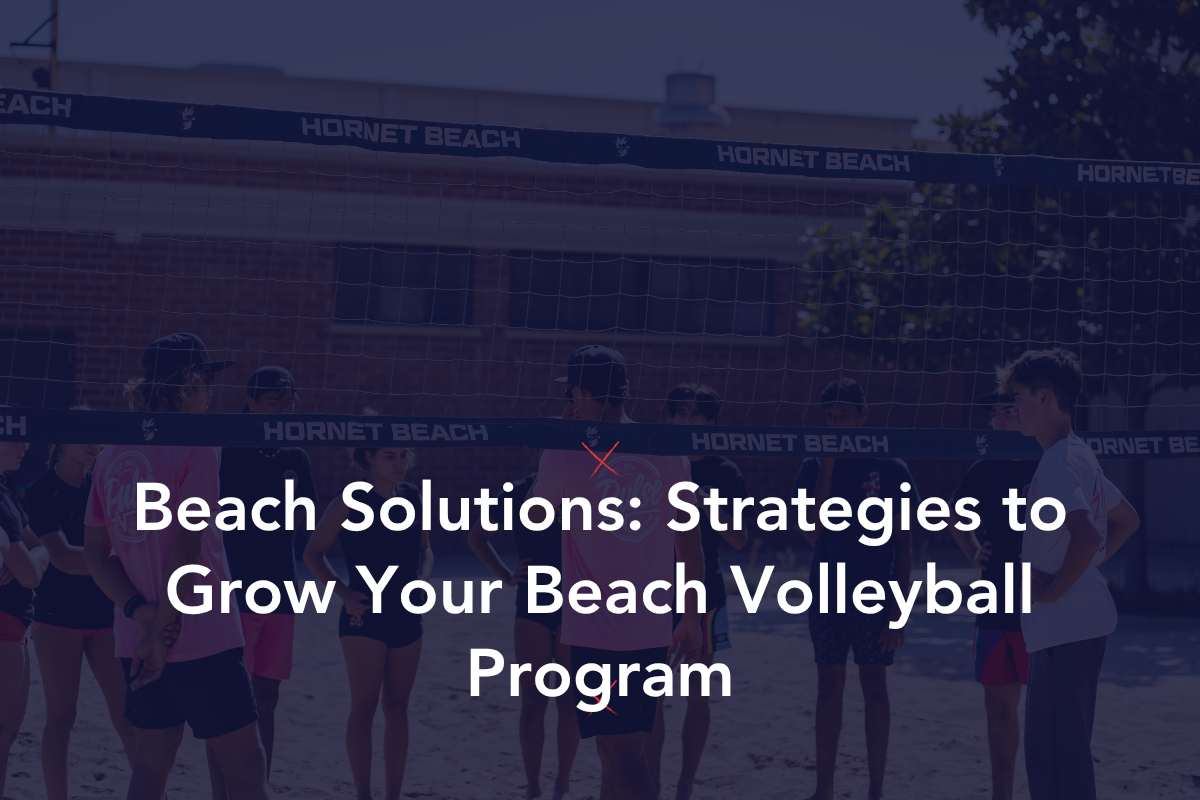Ask college volleyball coaches, parents and athletes what the role of the college volleyball coach in the admission process is and there’s a good chance you’ll get different answers. Athletes and parents often think that college coaches have enormous influence on the process, while many college volleyball coaches may think their influence is minimal. The truth is likely somewhere in the middle. Read on to find out the main ways college volleyball coaches get involved.
College volleyball coaches serve as the first barrier to getting admitted
During the recruiting process, most athletes will have to reach out to dozens of volleyball coaches to gauge their interest in extending an offer from their program. But before athletes do so, they should have a good understanding of how they would fit into both the athletic program and the school overall.
Why? College volleyball coaches know the ballpark requirements that athletes must meet to get admitted to their school, and if they see that an athlete may not meet the academic or athletic standards to be on their team, then coaches may not even bother responding. After all, it’s pretty difficult to convince the admissions department at a high academic school to admit a recruit who has a 2.5 GPA when there are hundreds of other interested athletes with strong grades. Most athletes who are set on playing in college won’t bother applying to a college where the coach has no interest in them, so in effect, the college volleyball coach serves as the first hurdle that potential college athletes need to clear.
Helping secure other forms of financial aid
NCAA Division 1 women’s volleyball is a headcount sport, meaning that all 12 scholarships at a fully funded program are full-ride scholarships. You’ll either receive one of these, or two-three full years, or play without any scholarship money. For other division levels on the women’s side and all levels on the men’s side, volleyball is an equivalency sport. This means college coaches can divide athletic scholarship funds as they see fit, giving most to a few top players or spreading funds out more evenly among all players.
But if you’re going to compete at the Division III level—the division with the most college student-athletes—athletic scholarships are not available. Instead, academic scholarships, need-based aid and other forms of financial help are available and college volleyball coaches can help athletes coordinate with their college to line up financial assistance for recruits. Without this assistance from coaches, many athletes would not be able to attend.
Walking your application through
Do college volleyball coaches have pull in admissions offices? Yes … to an extent. This really matters depending on the college, the program’s prestige and the influence of the coach in question, but college volleyball coaches can have some sort of input on recruits being admitted.
With that said, volleyball coaches are more willing to advocate for an athlete they think is an elite talent. This process is oftentimes referred to as “walking your application through,” but even the most influential college coaches have a limited amount of sway with admissions and they are going to use that influence only for the recruits they want the most. Understandably, providing admissions support to recruits who don’t have good grades at a school like Yale would be a lot more difficult than it would be at a school with less-rigorous academic standards.
The policies that govern the relationship between athletic departments and admissions are set by each school and they are all different. As a potential recruit, your best bet is to meet the academic and athletic standards to compete for a roster spot at a specific school. Otherwise, you’ll be depending on chance and other factors.
This article is written by the team at Next College Student Athlete (NCSA).



